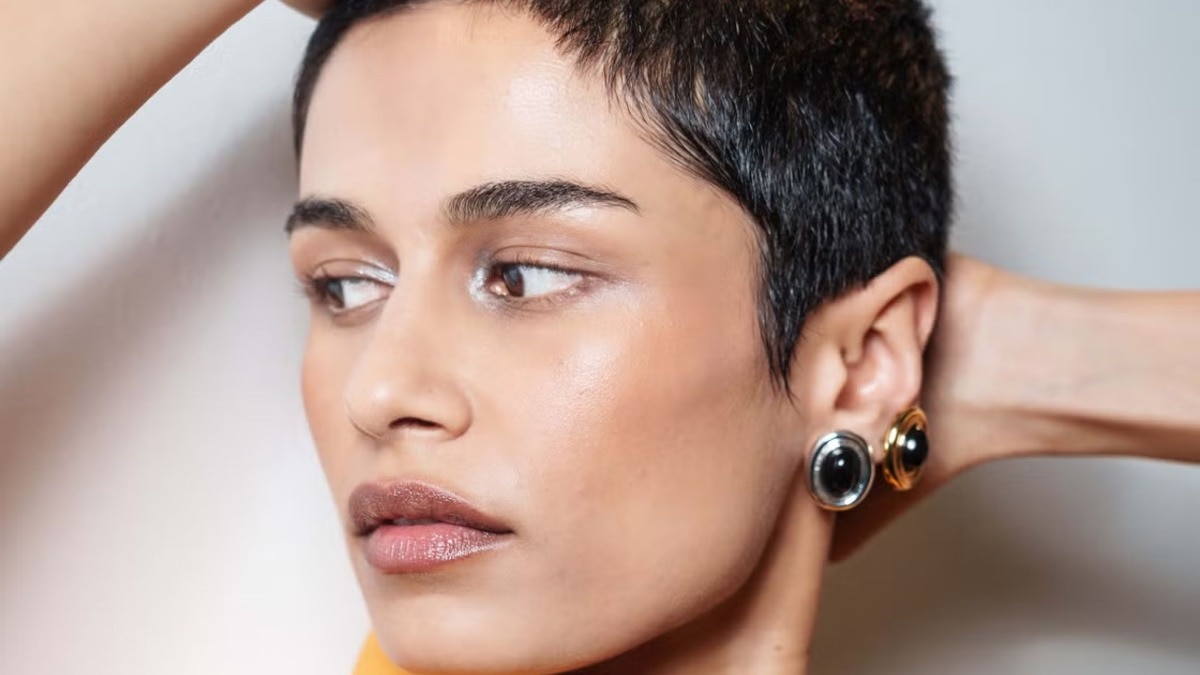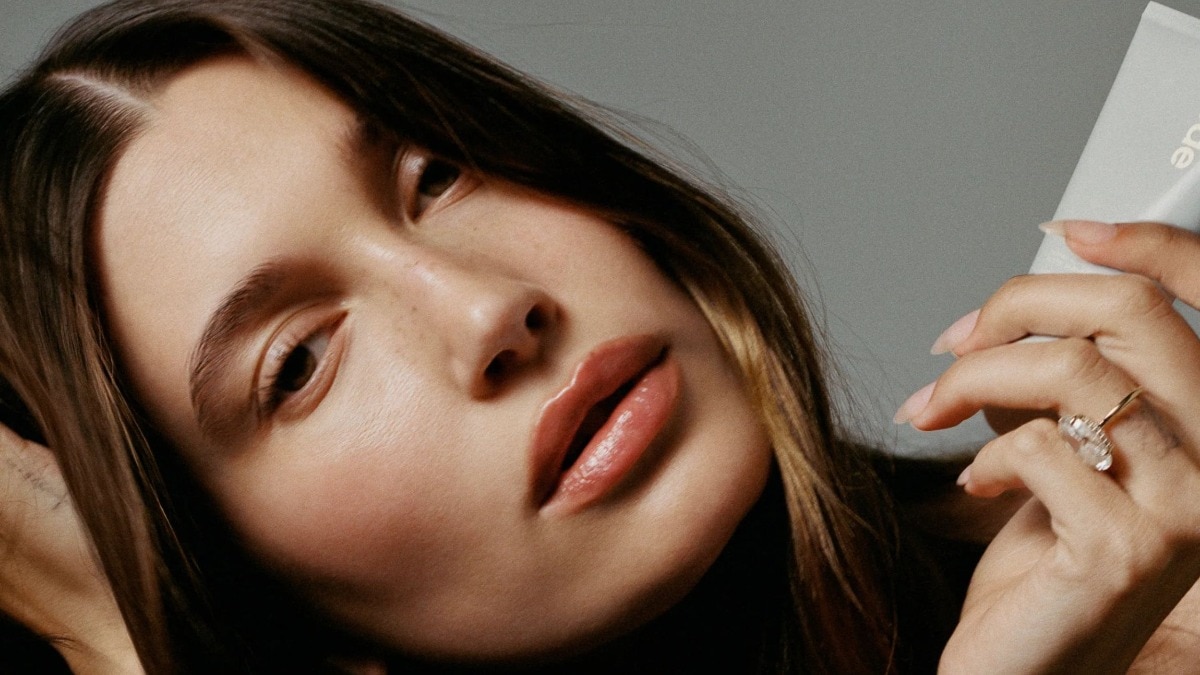
What are oral sunscreens and how safe are they? Three experts weigh in
A deep dive into the newest hyped skincare product.


There is a part of me, quite an incessant part—which I’m sure most of us share—that wants to cleanse her face in the morning, apply a layer of sunblock, and commit to its diligent reapplication throughout the day. I attribute this urge to the countless hours spent dead-scrolling through Instagram and the internet’s emphasis on the ‘clean girl aesthetic’. But in the midst of our hectic schedules, how often do we truly adhere to this routine?
The concept of oral sunscreen, upon my initial encounter, sparked genuine intrigue. Could it be that we have bid farewell to our good old sunblocks, and instead opted for ingestible pills that promise sustained sun protection? When we leave our homes, our exposure to the sun’s ultraviolet radiations (UVA, UVB, and UBC) leads to oxidative damage. To counteract this, we use sunscreens that can be applied externally and ingested internally, to reverse oxidation and shield our skin.
Dr Agni Kumar Bose, a dermatologist and dermatosurgeon based in Mumbai, explains different types of topical sunscreens. He categorises them into three main types: physical sunscreen (uses titanium dioxide and zinc oxide to reflect sunlight); chemical sunscreen (absorbs UV radiation and converts it into infrared wavelengths); and hybrid sunscreen (combines the benefits of both physical and chemical sunscreens).
While topical sunscreens are effective for external protection against the sun’s harmful rays, addressing the internal damage caused by sunlight requires a different approach, and this is where oral sunscreens come into play.
Fundamentally antioxidants, oral sunscreens absorb the free radical and the oxidative damage inflicted by the sun. Dr Chytra V Anand defines oral sunscreen as a dietary supplement or medication taken orally to protect the body internally from the harmful effects of UV radiation. “Oral sunscreens work internally to boost the skin’s natural defence against UV damage,” says the Bengaluru-based cosmetic dermatologist.

Dr Kiran Sethi, a celebrity skin specialist, explains that oral sunscreens can provide an SPF of eight to 10. She notes that Polypodium leucotomos extract—a type of fern extract—is a common ingredient in these supplements. The National Institute of Health has described Polypodium leucotomos extract as an antioxidant, photo protectant, anti-inflammatory, and immunoregulatory agent. It is effective for both oral and topical application, aiding in the prevention of skin cancers and playing a significant role in preventing photoaging.
Dr Kiran adds that there are no side effects or risks associated with the long-term use of oral sunscreens. Instead, these supplements can be particularly beneficial for individuals with low antioxidant levels as the modern agricultural practices have led to a decrease in the nutritional content of food, resulting in adequate antioxidant intake from diet alone.

But Dr Agni contends that oral sunscreens should be viewed as substitutes rather than replacements. Due to the lack of safety data and absence of long-term clinical trials on their efficacy, he suggests caution. He rather recommends getting oral sun protection from natural sources such as carrots, tomatoes, sweet potatoes, guava, pomegranate, watermelon, fish, prawns, spinach, broccoli, almonds, hazelnuts, and beans. He only recommends taking oral sunscreen before going on vacation, suggesting to start two or three days before the trip and discontinuing upon return.
Dr Chytra also mentions that oral sunscreens are beneficial for sportspersons exposed to constant sunlight and individuals who are at a higher risk of cancer and photoaging. Both Dr Chytra and Dr Agni collectively highlight the impracticality and cost of applying traditional sunscreen to larger surface areas, making oral sunscreen advantageous for people with autoimmune diseases like Systemic Lupus Erythematosus or genetic disorder like Albinism.
However, they caution that it is essential to consult a healthcare professional before starting any new dietary supplement, including oral sunscreens, to ensure they are appropriate for you. They also caution individuals with gluten sensitivity, as these capsules may not always be gluten-free.
While weighing the pros and cons, all the doctors emphasised that oral sunscreens are not foolproof; it is important to concurrently apply topical sunscreen whilst taking the pill. It is evident that oral sunscreens represent a significant advancement in sun protection. “I do believe oral sunscreens will become more and more popular because they are beneficial and can help people,” says Dr Kiran. While these pills are still undergoing research and development, there is no denying that they hold considerable potential to become the next popular form of sun protection.
Feature image credit: Illustration by Tanya Chaturvedi
This article originally appeared in Harper's Bazaar India April-May 2024 print issue
Also Read: Find your curated beauty routine with our top picks for every skin type
Also Read: Haircare products to stock up on before monsoon rains down on us










